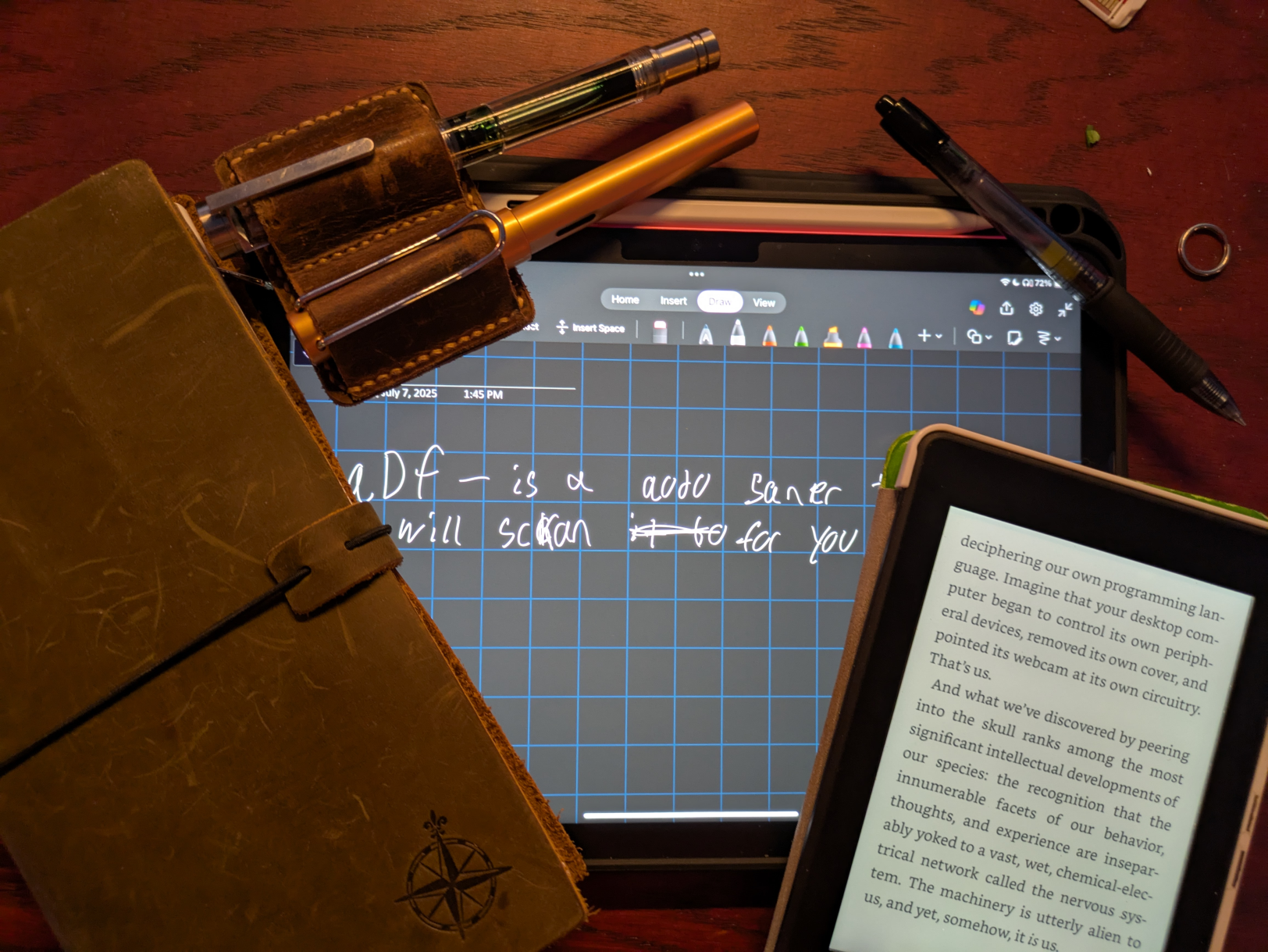How to Neurodiverse: Need to Learn How to Study

If you’re in high school or college, you need to know how to study. Studying effectively helps you learn faster and more efficiently. As a neurodivergent person, you might have challenges with traditional learning methods. This isn’t a full guide, but I’ll offer helpful tips—because everyone learns differently.
Flash Cards
When you need to memorize information for a test, flash cards are a great tool. They’re especially useful for spaced repetition, which helps you review cards you struggle with more often, and delay the ones you already know. This means you’re not wasting time on what you’ve already mastered.
It can also help to add images to your flash cards. Visual aids can strengthen memory connections and make recall easier.
Note Taking
You’ll need to take notes, but handwriting your notes is more effective than typing. Studies show that handwritten notes improve memory retention by up to 25%. Afterward, you can transfer your notes into a digital format, which reinforces the material again.
There’s a system called the Second Brain, where you organize your notes digitally—so you can reference them later for work or personal life. But remember: you still need to understand the material. A second brain system won’t help you program a car or revive a patient unless you’ve already learned how.
There are different note-taking methods to try, like:
- Mind Maps – Great for visual thinkers and subjects like math or storytelling.
- Cornell Method – Helpful for structured note review.
- Outlining – Ideal for logical and hierarchical topics.
- Learning Cards – Useful for active recall and studying.
Try a few out and see what works best for your learning style.
A Note About AI
Don’t rely on AI to do your work. You don’t learn if you don’t struggle a little. It’s easy to get complacent and let AI do everything, but that won’t help you long term.
That said, AI can still help support your learning—like rewording confusing material or making connections you didn’t see at first. Use it to enhance, not replace, your studying.
Final Tip
You’ll probably need a schedule to stay on task. Structure helps. Find what works for you and stick with it. With the right tools and habits, you can learn effectively—no matter how your brain works.